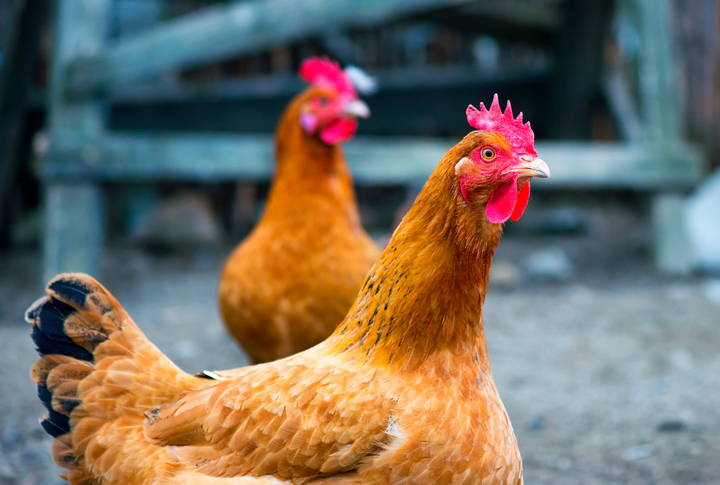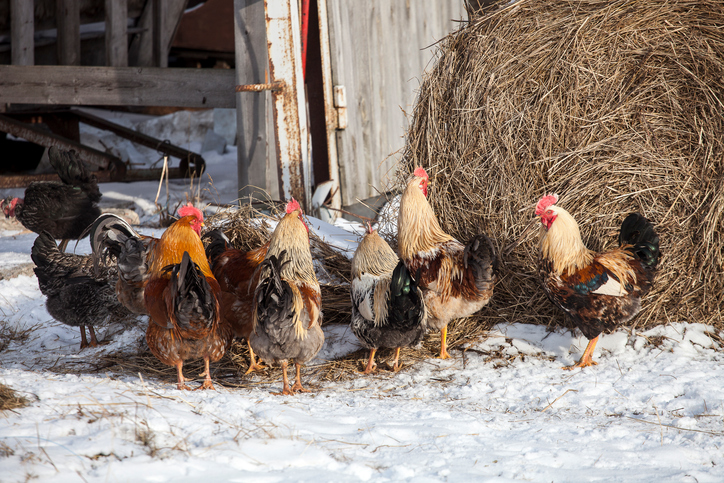With the current interest in organic foods, local sourcing, and sustainability, it’s no wonder that more and more people are starting to consider keeping a fowl or few. Whether you’re looking for a reliable source of fresh eggs, a garden guardian against plant devouring pests, or you’d just like to have a novel outdoor pet, chickens can be quite useful, and often make remarkably charming companions. Here’s an introductory list of some of the most popular breeds in the United Kingdom.
Plymouth Rock
Large, black-and-white checkered chickens with a friendly disposition, Plymouth Rocks are an excellent choice for a novice keeper. They are comfortable with human contact, and easy to tame. Hens lay once every other day, and produce about 200 eggs per year.
Hybrids
These birds are crosses between pure-bred parents. While their pedigree may be mixed, hybrids are bred to obtain the best qualities of their stock. They tend to be especially alert, robust, have a good egg yield, and are usually less expensive: all attractive qualities for those new to raising chickens.
Rhode Island Red
A well known favorite among beginners, Rhode Island Reds are beautiful russet birds with a hardy constitution. Their temperaments is generally good, and they are prolific layers. The average hen may be able to lay up to 300 eggs per year.
Leghorn
The iconic white bird with brilliant red crest, the Leghorn chicken is another popular breed. As with Rhode Island Reds, they produce about 300 eggs per annum, though they are a bit smaller. Those on the skittish side might want to avoid Leghorns, however, since they can be a bit nervous and difficult to control.
Sussex
The Light Sussex is probably the most commonly kept of this breed. As with the other chickens on this list, they are an easy bird to care for. They enjoy foraging, (making them excellent pets for the garden), are reliable egg producers and good meet producers. For those with space considerations, Sussex chickens are also available in bantam size.




